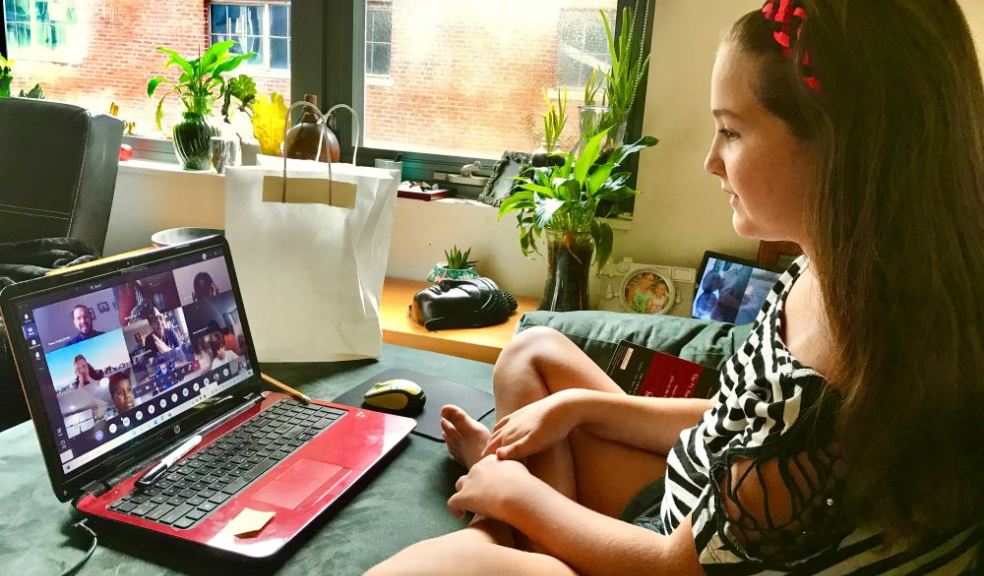
ADHD Awareness Month - how one Devon headteacher went from sceptic to advocate
When Devon based Lisa Boorman first heard colleagues in schools discussing Attention Deficit Hyperactivity Disorder (ADHD), she admits her initial reaction was one of scepticism
“Everyone seemed to be getting labelled,” she recalls. “I thought it was just impulsive behaviour.”
An experienced teacher and confident in her ability to manage behaviour Ms Boorman was convinced that some diagnoses were just simply fashionable.
However, she started to question those beliefs when someone close to her was diagnosed with ADHD.
“It changed everything,” she recalls. “I realised mainstream schools are not always the right fit, even with the best teachers and support.
“I saw first-hand how important it is for schools to adapt, rather than expecting every child to bend themselves into the same mould.”
That personal insight sits behind her work today at Queen’s Online School, backed by one of the oldest and most trusted names in online education, the Cambridge Online Education Group.
October is ADHD Awareness Month which aims to increase understanding and support for individuals with ADHD and Ms Boorman strongly believes that many children who do not thrive in crowded classrooms could achieve more in smaller, more flexible settings.
Online learning allows teachers to plan lessons around each student rather than relying on rigid timetables.
“For some young people the sheer scale of mainstream schools is overwhelming,” she explains. “Add in neurodiversity and the result can be anxiety, depression and withdrawal. We need different doors into education.”
Ms Boorman led a large secondary school in Devon for a decade and saw how difficult it was to meet every need within the pressures of performance tables and inspection regimes.
She also saw how easily pupils could become invisible when they did not fit the dominant pattern.
“As teachers, of course we want to help, but the system is stacked against flexibility,” she says. “It is hard to admit, but there were times when I simply couldn’t provide what certain children needed.”
Ms Boorman believes there is a need in schools for a broader understanding of children’s differences.
“There will always be a place for mainstream schools,” she says. “But it’s important we accept they are not the answer for everyone. Once we stop forcing every child down the same path, we can start to see potential rather than problems.”













